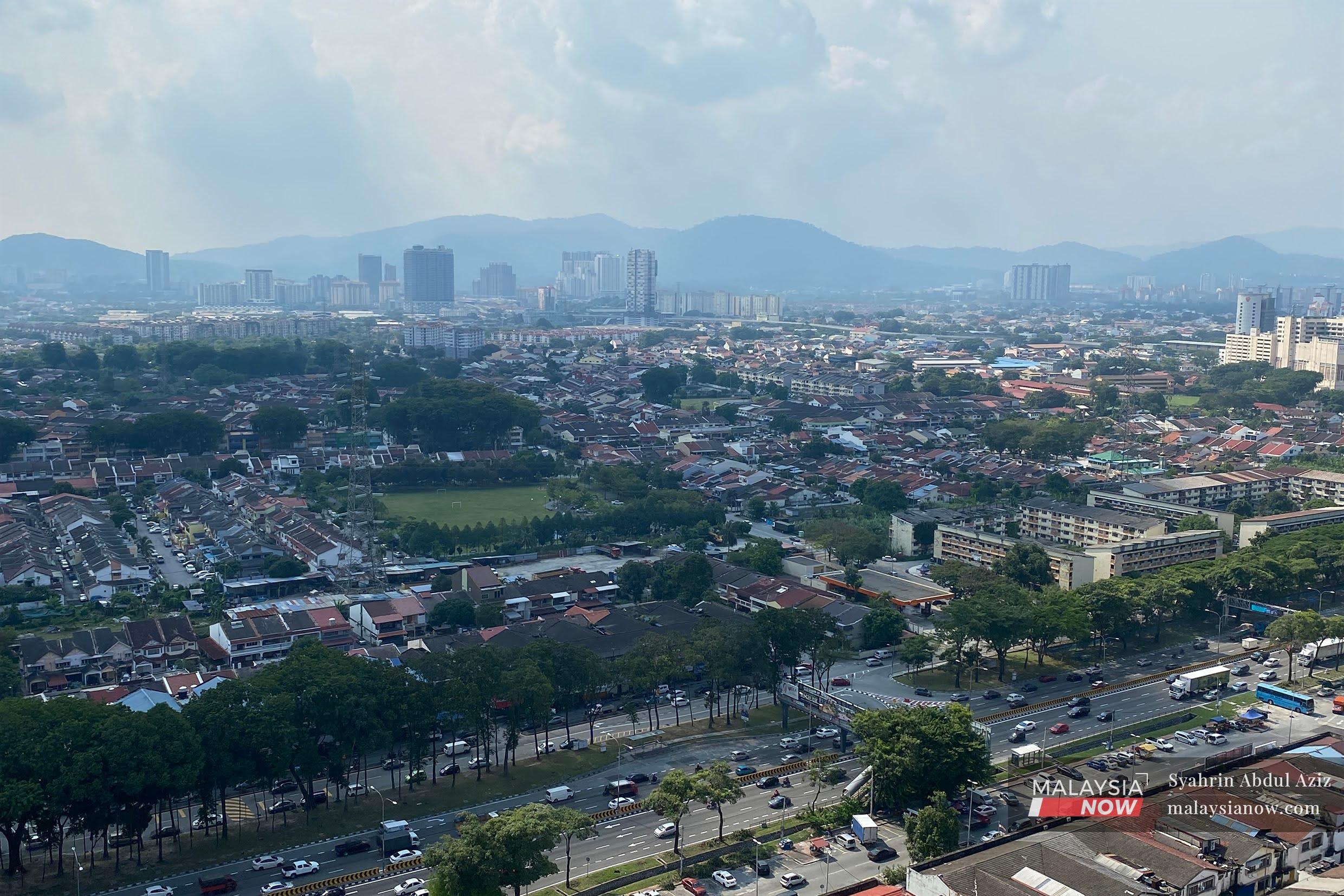Work from home sees migration in property purchase trends
House buyers are no longer as concerned about finding property located near city centres.
Just In
Working from home, which gained currency during the Covid-19 pandemic when many companies were forced to shutter their physical offices and adopt a remote approach to business, has seen a shift in property trends with buyers moving from locations in the city to those in rural or suburban areas, a study by PropertyGuru shows.
PropertyGuru Malaysia’s country manager Sheldon Fernandez said many of the top 10 housing projects with the highest number of transactions were in areas far from city centres such as Bukit Sentosa and Bandar Bukit Beruntung in Rawang, Selangor, and Bandar Putra in Kulai, Johor.
“This is also driven by the practice of working from home which began after the outbreak of Covid-19 and saw a change in buyers’ preference,” he told MalaysiaNow.
“Now, locations near urban areas are not necessarily a factor in buying a house,” he said, adding that future developments coupled with greater accessibility would have a huge impact on the value of existing properties.
The study conducted by PropertyGuru DataSense, the research arm of PropertyGuru, also found an increase in demand for homes with larger land areas in rural locations, leading to a rise in property purchases in small town areas in the first quarter of 2021.
Fernandez said the construction of more facilities and public transport links such as LRT, MRT and train stations could boost the value of property in these areas.
“Normally, when many people move to a particular location, we will witness all sorts of development such as the building of shopping malls which will also drive up prices,” he said.
For young house buyers, he said, the difficulty in purchasing a home is usually due to a mismatch in supply and demand, especially in urban areas where house prices are seen as out of reach.
He also spoke of a lack of interest in what is available in the market.
“The priorities of the young have changed,” he said. “They take into consideration location, facilities and price along with several other factors.
“There is also a significant difference in terms of income and house prices. The slower average wage growth compared to the sharp increase in house prices makes it very difficult for Malaysians to own their own home.”
He said the surge in commodity prices had also caused an increase in the cost of construction and property development, including the cost of compliance with regulations, the purchase of land, a shortage of land in some areas, and the cost of building materials and labour.
He said it was not impossible for property value to decline, pointing to the situation when Covid-19 first broke out last year.
“The PropertyGuru Malaysia Property Price Demand Index has been on the decline since Q2 2020 with a year-on-year drop of 2.16% since Covid-19 cases were first recorded and the movement control order put in place,” he said.
“The Property Market Index report also shows a quarter-on-quarter decline in price demand in Mont Kiara (-3.04%) and KLCC (-6.86%) due to lower buying appetite.”
With the budget for 2022 looming around the corner, Fernandez suggested that the government consider implementing the Home Ownership Campaign (HOC) at the residential secondary market level, and extending it until 2022.
“If the HOC is extended to the secondary market, it could help boost the market for residential property and encourage first-time buyers to consider subsale homes, especially if stamp duty exemptions can help reduce upfront costs,” he said.
“This is in line with PropertyGuru’s Consumer Sentiment Survey which found that 84% of Malaysians believe that the government is still able to help make house prices more affordable, and 54% want the government to extend the HOC to subsale homes.”
He said the government could also introduce rental incentives that would benefit tenants and owners as had been done by the New South Wales government in Australia.
“The incentive allows homeowners to make financial claims in the event of reduced rental payments to tenants affected by Covid-19,” he said.
“We also hope that the government will either extend or revise the property gains tax exemption as the people and the property market alike head towards recovery.”
Subscribe to our newsletter
To be updated with all the latest news and analyses daily.
